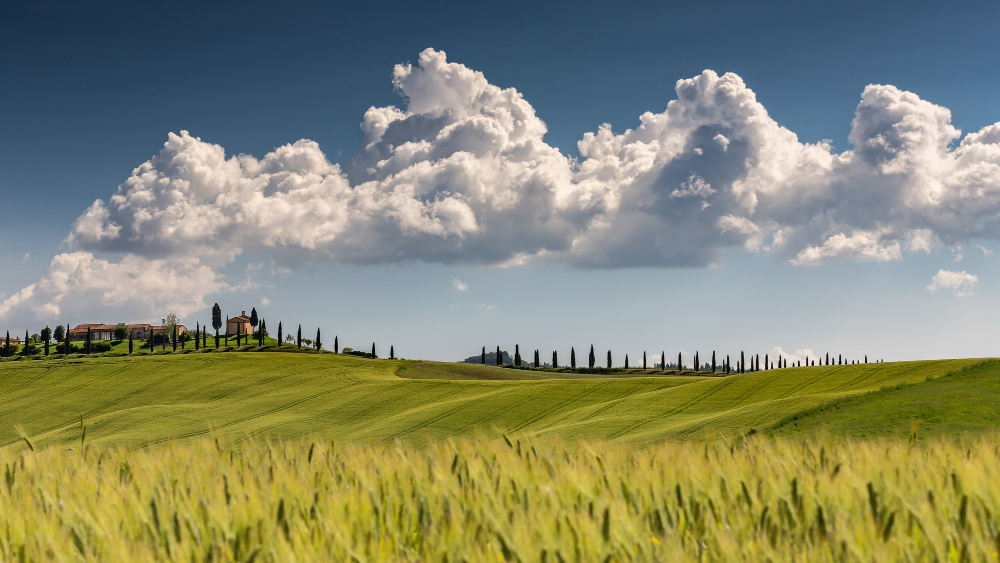Food insecurity is reaching a very alarming level in France and it is becoming more than necessary to defend the importance of a dignified, healthy, nutritious diet including fresh products for all.
Urban agriculture can be a promising tool for developing agri-food justice. Certain characteristics seem to be able to contribute to opposing the inequalities of the food system. Urban agriculture is deployed in small areas, most often adapted to food production for surrounding neighbourhoods. However, in Marseille, agricultural wastelands tend to be located in the north and east of the city, heirs of an agricultural channel and above all of “loose” urbanization where a large part of the socio-economic precariousness is concentrated. and food.
Thus, numerous popular and nourishing initiatives have always accompanied periods of economic and social crisis: sprawl of the city on agricultural land, and settlements of new arrivals from the countryside more or less distant. However, urban agriculture products and places struggle to open up socially and are often perceived as “a bohemian thing”.
To reflect on this paradox, the Cité de l’agriculture, accompanied by a set of partners, is developing ambitious action research aimed, firstly, at understanding the levers of accessibility of urban agriculture and then, secondly, at collectively identifying and experimenting with avenues of action so that urban agriculture is a better vector of agri-food justice.
Action research! but how is this possible?
This action research is funded by the Fondation de France over 3 years and by funding from the European Union as part of the Cities 2030 project.
It is a multi-partner project bringing together the expertise of CIRAD, Action Contre la FAIM and operational partners (Le Talus, Terre d’entraide et de Partage and Ferme Capri).
But what are we trying to do?
Study: The adventure begins with a study of the representations and practices of urban agriculture places and the food landscape around these places (12th, 14th, 15th arrondissement of Marseille).
Cooperation: The project partners will then meet during workshops to appropriate the results of the study, and identify the actions to be carried out and their conditions of implementation, particularly about the resources available.
Experimentation: From these discussions a certain number of actions to experiment will emerge: some can be shared, others will be specific to each site.
Monitoring & Evaluation: Finally, it will be a question of capitalizing on knowledge on these experiments by deploying a system for monitoring and evaluating these actions: how do they work? do they contribute to making the goods, products and services of urban agriculture places more accessible?
Oh okay, and where are you now?
The first phase of the project started in March 2023. The spring was devoted to observation, taking charge of the study areas, formalizing a rigorous methodology and recruiting participants in the project. study.
The methods deployed explore routine, habitual subjects that people are not often aware of. This therefore calls for the use of sensitive sociological methods such as mental map drawing or photo-elicitation.
The people recruitment phase was extremely difficult and time-consuming, with people either very interested or wary, but above all not very available. Thus, we managed to mobilize 30 participants at different stages of the qualitative survey.
We are currently in the phase of analyzing the results aimed at taking a step back from the data and having a transversal look at the 3 areas, before summarizing everything in a study report to come very soon.
And after ?
Then, it will be a question of sharing the results of this study with as many people as possible and above all of discussing actions, specific or collective, to experiment with to address the accessibility issues of each place. On the agenda for the coming months: study report, restitution of the study, workshops and search for co-financing to continue exploring these innovative and ambitious actions, calmly!
